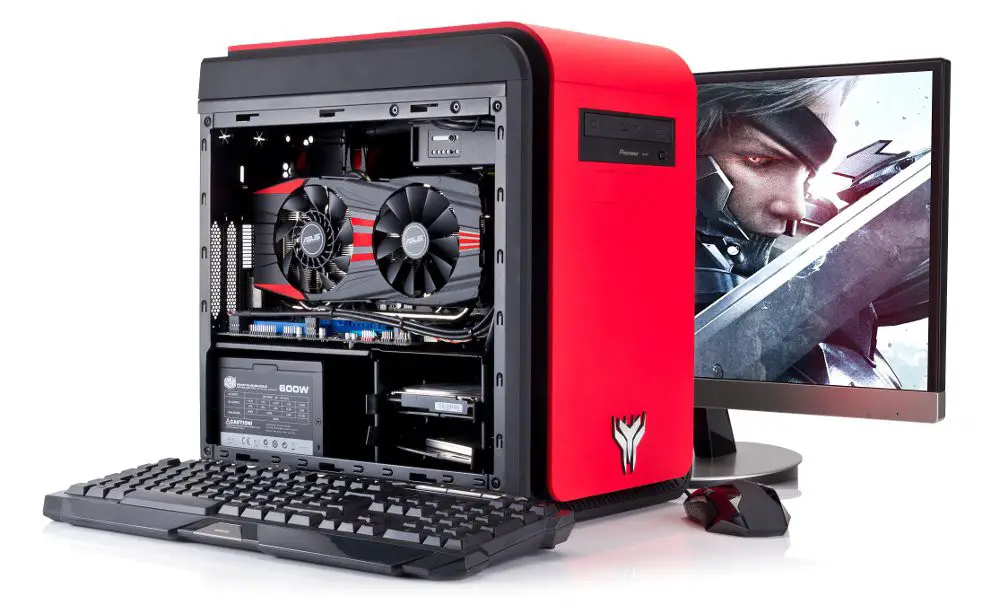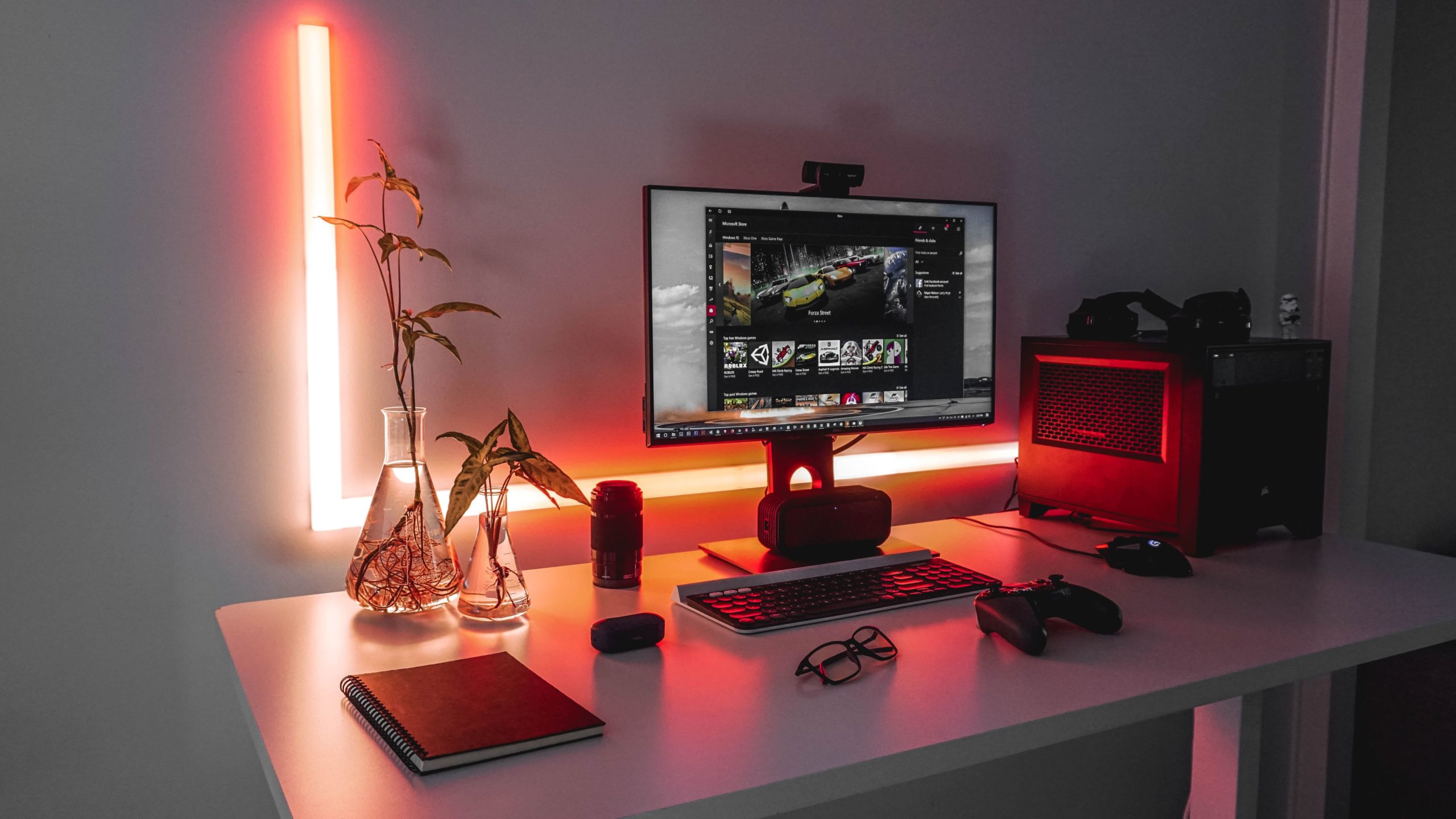How Long Do Gaming PCs Last?

Purchasing a new gaming PC is a significant investment for most people. If you’re going to be spending your hard-earned money on a new system, you’re going to want to make sure that it lasts for a long time. So, how long should you expect a gaming PC to last? Keep reading to find out…
What is the average lifespan of a gaming PC?
So, here’s the answer you’ve been looking for. A good-quality gaming computer should last around five years on average. However, provided that you take good care of it, you can expect your gaming PC to last as long as 10 years (but, by that time, the hardware will almost certainly be very dated).
How to select a gaming PC that will last a long time?
The important point to take away from that last section is the term ‘high-quality gaming PC’.
If you want a gaming PC that’s going to last at least five years, then you need to buy one that is well designed and built.
You’ll want to make sure that you purchase your gaming PC from a reputable and knowledgeable PC builder that uses top-quality, brand-name components, such as Intel and AMD CPUs, NVIDIA and AMD GPUs etc.
Ideally, you should also look for systems where things like the RAM can be easily upgraded. This can help to increase the lifespan of your gaming PC.
How to take care of a gaming PC?
Of course, buying a good-quality gaming PC is only one part of the story. To ensure that your gaming PC lasts a long time, you’ll want to take good care of it too. Below are our top tips for looking after a gaming PC,
Use anti-virus software
As a gamer, it’s highly likely that you spend a significant amount of time online. You’re probably also downloading various game patches and expansions on a regular basis - which comes with the risk of accidentally downloading a virus to your system. So, it pays to install and run anti-virus software on your gaming PC from day one.
Perform regular software updates
Another thing that’ll make your PC last longer, is running regular software updates.
The software doesn’t remain ‘static’ over time. In fact, developers tend to push out updates to remove bugs and other problems, on a regular basis. By keeping your computer’s software updated, you’ll be able to prevent problems building up over time that could potentially reduce the lifespan of your computer.
Organize your cables
Not only do you want your gaming PC to have excellent cable management on the inside, but on the outside too.
If like most gamers, you have plenty of cables running from your system to various peripherals and drives, then you should make sure that they are well managed and tidy. Running your system with lots of tangled cables is a recipe for fire or worse…
Remove dust from your PC
You should regularly give your gaming PC a good dusting. Why? Because gaming PCs require plenty of ventilation and airflow. So, if ports or fan exhausts become blocked with dust, you can find that your PC will become damaged.
One of the best ways to remove dust from your gaming PC is by using a can of compressed air. These cans of compressed air usually come with a long, thin straw that can be used to reach those really tight nooks and crannies in your PC where dust tends to build up.
Keep your gaming PC away from heat sources
As we mentioned above, gaming PCs require plenty of ventilation and airflow. This is because they can generate a significant amount of heat whilst they are in use.
Therefore, it’s really important that you keep your gaming PC away from any heat sources such as radiators, as you’ll end up overheating your PC, potentially damaging expensive components such as the CPU and GPU.
Use a surge protector
If you tend to leave your computer plugged in, and we know that most gamers do, your computer could be seriously damaged or even destroyed by a power surge.
You can help your gaming PC avoid this fate by using a surge protector (also known as a spike guard or surge suppressor), which will protect your delicate (and expensive) components such as the graphics card from being damaged in the event that a power surge takes place.
Enjoy years of non-stop gaming
We hope you’ve found these tips helpful. Follow them and we’re sure you’ll be able to enjoy years of non-stop gaming with your gaming PC!


